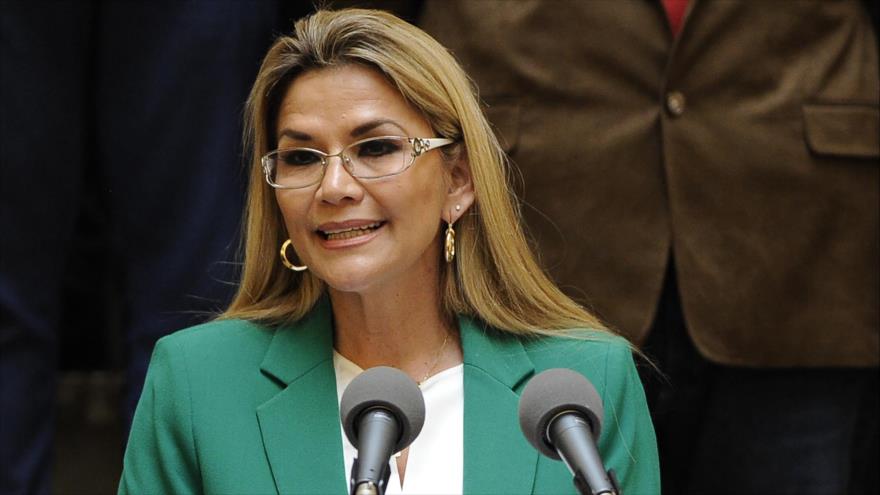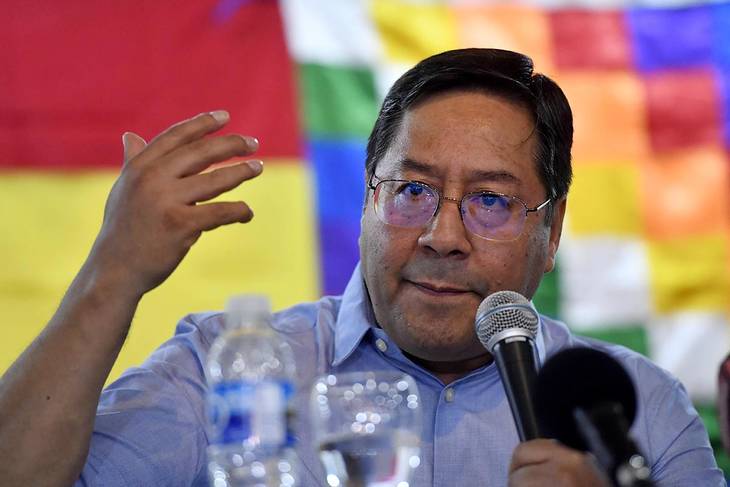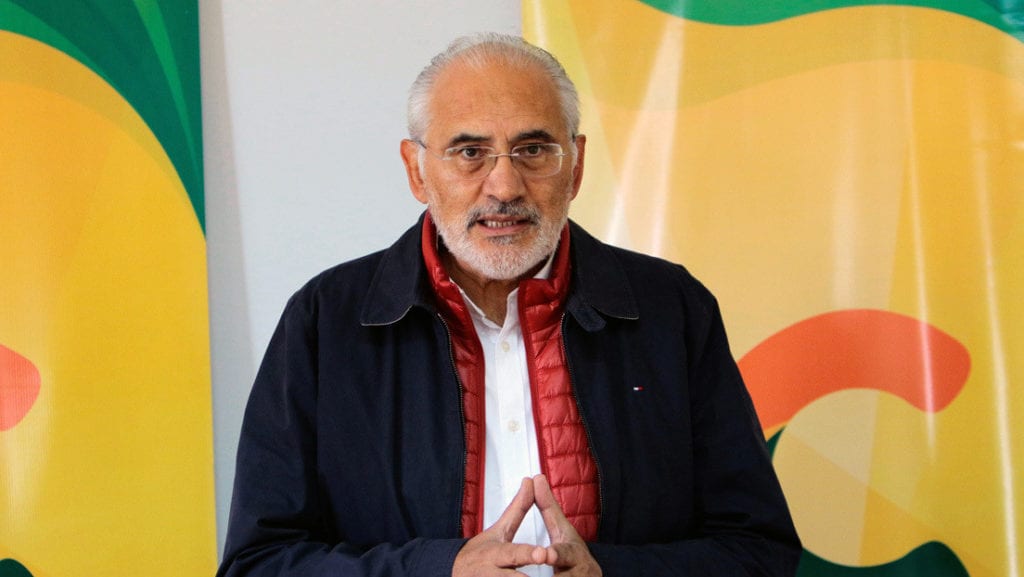Despite the fact that coronavirus reached South America at the end of February, and all the countries of the region declared a state of emergency by mid-March and imposed tough restrictive measures, Bolivia continues to prepare for the general election on May 3. How is the electoral campaign in the midst of the international pandemic? Who are the main players in the political arena of Bolivia today?
The general elections in Bolivia are scheduled for May 3, 2020, and the electoral campaign, despite the quarantine, began in the country on March 1. In May, Bolivian citizens will have to elect a president, vice president, 130 lower deputies and 36 upper senators of the Plurinational Legislative Assembly.
After the situation in Bolivia on November 10, 2019 and the forced resignation of the Bolivian President Evo Morales (Juan Evo Morales Ayma), which was described by a number of international media as a coup d’état, the interim head of state, Jeanine Áñez (Jeanine Áñez Chávez), came to power in the country, who formed the transitional government.

Foreign policy, almost entirely controlled by the executive branch, has become for the actual president of Bolivia, Jeanine Áñez, who, incidentally, does not have a parliamentary majority, an ideal platform for the implementation of the new radical program. A few days after the transitional government of Áñez came to power, the Plurinational State of Bolivia broke off relations with Venezuela and expelled Venezuelan diplomats, recognizing the self-proclaimed President Juan Guaidó (Juan Gerardo Guaidó Márquez). In addition, Bolivia withdrew from the ALBA alliance and joined the Lima Group, created as a counterweight of the “right-wing” forces to this alliance. Soon, the Bolivian Ministry of Foreign Affairs renewed diplomatic relations with Israel and re-established close ties with the United States, which weakened after the American ambassador was accused of secret negotiations with opposition leaders in 2008 amid a widespread separatist movement aimed at overthrowing the Morales government.
In just a few months, Jeanine Áñez succeeded from a little-known senator, whose “Democratic Unity” party (Spanish – Unidad Demócrata) gained about 4% of the vote in the past election, to break into the country’s political life and earn a very decent electorate. After repeated promises not to participate in the presidential race, on January 24, Jeanine Áñez announced that she was running for elections from the Alliance “TOGETHER” (Spanish – JUNTOS), which, in addition to the “Democratic Unity” party, included various political associations of the “right” sector : Party of the Governor of the Department of Santa Cruz, Ruben Costas (Spanish – Rubén Costas Aguilera), “Democrats” (Spanish – Demócratas); party of the Mayor of La Paz, Luis Revilla (Spanish – Luis Revilla Herrero), “Sol. Bo”; political union of the Governor of the Department of Tarija, Adrián Oliva (Spanish – Adrián Esteban Oliva Alcázar), “Everybody” (Spanish – Todos); and the alliance of the current Minister of Hydrocarbons, Victor Hugo Zamora (Spanish – Víctor Hugo Zamora Castedo), “Unite” (Spanish – Unir).
The main points of the Áñez program are aimed at supporting private enterprise, attracting foreign investment and expanding strategic cooperation with the United States. The political alliance “Together” seeks to promote democracy among youth, the economic development of the country’s eastern departments, the fight against violence against women and the creation of “equal opportunities” for all classes of the population.
Who else will “compete” for the post of president of Bolivia? In addition to Jeanine Áñez, 7 more candidates will take part in the general elections. In this article, the “LACRUS” will talk in detail about two more of them and highlight the main points of their programs.

One of them is Bolivian economist and politician Luis Arce (Spanish – Luis Alberto Arce Catacora), who headed the Ministry of Economy and Public Finances in the government of Evo Morales. Luis Arce was declared the presidential candidate of the “Movement to Socialism” party (Spanish – Movimiento al Socialismo, MAS) and intends to continue the “line” of the political platform “MAS” of the former President Morales. In addition, the candidate for the “Movement to Socialism” party advocates for large-scale economic reforms aimed at expanding the middle class, supporting vulnerable sections of the population, and developing and modernizing the healthcare sector. Arce supports the nationalization policy of key enterprises in the country, in particular in the energy sector.
This time, the Bolivian statesman, journalist and historian Carlos Mesa (Spanish – Carlos Diego Mesa Gisbert), who served as President of Bolivia from October 17, 2003 to June 6, 2005, once again nominated for president. On October 2019, he was the main rival of the former Bolivian President Evo Morales. On December 3, Carlos Mesa was again declared the candidate for president from the political bloc “Civil Society” (Spanish – Comunidad Ciudadana), advocating the rejection of extractive policies, the development and deepening of the democratic model in state institutions, the inclusion of civil society in decision-making and reform legislative branch. Mesa, together with its political platform, seeks to promote a model of “sustainable economy”, gender and social equality, as well as creating decent jobs for young people.

According to the latest published March 15 data from the consulting company “Ciesmori”, 33.3% of respondents support the candidacy of the new leader of the “Movement to Socialism” party, Luis Arce. 18.3% are ready to vote for the former head of state Carlos Mesa. But the interim president of Bolivia, Jeanine Áñez, is currently gaining 16.9%.
Despite the severe restrictive measures introduced by the Bolivian government in connection with the outbreak of coronavirus in the region, the electoral campaign in the country was not suspended, but only gaining momentum. The other five candidates for the presidency of Bolivia and their chances of victory are already in the next article of the “LACRUS” project.


